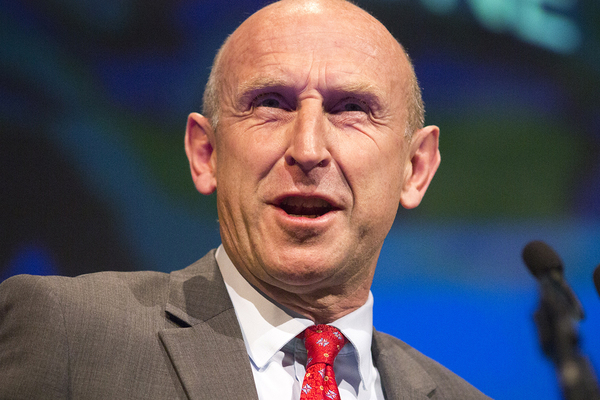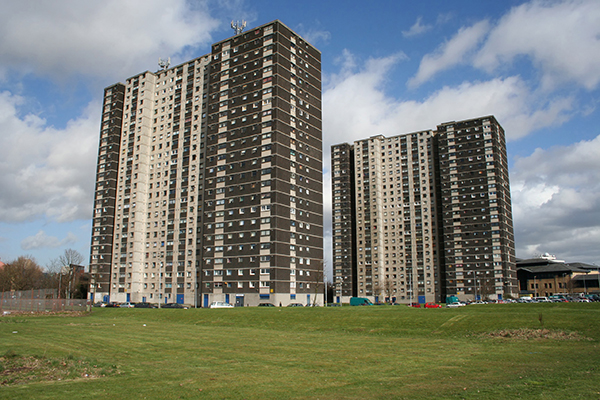You are viewing 1 of your 1 free articles
Social landlords call for clarity on cladding safety
Social landlords have called for “greater clarity” over whether aluminium composite material (ACM) panels on tower blocks could be safe despite failing the government’s combustibility test.
In a detailed note published last night the government said its independent expert fire safety panel will consider “early next week” whether ACM panels can be used safely as part of a wider external wall system “and therefore could remain on a building under certain approved circumstances”.
Grenfell Tower was believed to have ACM panels with a polyethylene core.
A number of landlords have already torn down cladding from their tower blocks after it failed the government’s combustibility test.
More than a week after the cladding testing began the government has published details of how tests are being carried out and on what grounds cladding is being found to be combustible.
The government has come under increasing pressure over the tests, with the National Housing Federation calling for them to be stopped and resources focused on helping landlords carry out fire safety work and the Local Government Association criticising the tests for only looking at the core of a panel.
The Department for Communities and Local Government (DCLG) said it is aware there has been “some uncertainty” and criticism of the tests, which have shown 100% of panels tested to have failed the combustibility requirements.
The note added: “With such a high failure rate, government, landlords, residents and others naturally want to be sure that the tests are right and accurate.”
The note from the DCLG said: “Understandably, local authorities and other landlords want greater clarity on whether ACM panels on their tower blocks could be part of a wider safe wall system despite having been identified as likely to fail the limited combustibility test for individual wall components.
“That is a matter which landlords should consider carefully, consulting the original specifications and designs for the cladding, the designers, engineers and contractors who carried out the work, and the building inspectors who certified it.”
Inside Housing reported earlier this week that the government has not required social landlords to send insulation samples to be tested, despite the insulation at Grenfell Tower failing combustibility tests.
Building regulations guidance states external walls on all buildings should not allow fire to spread.
External walls can meet this requirement in two ways:
- Each individual component of a wall (insulation, filler etc) should be of limited combustibility and meet set standards
- All the combined elements of a wall, when tested as a whole system, have sufficient fire spread resistance
The Building Research Establishment is only testing whether the core of ACM panels are failing the combustibility test as an individual component on a wall.
The DCLG said it is therefore “possible” that ACM panels that have a core that has limited combustibility “might be safe if installed as part of a whole wall system” if the overall wall resists fire spread.
The note said: “We are not aware of any such systems having passed the necessary tests but have asked a newly established expert panel to look into this further.”












